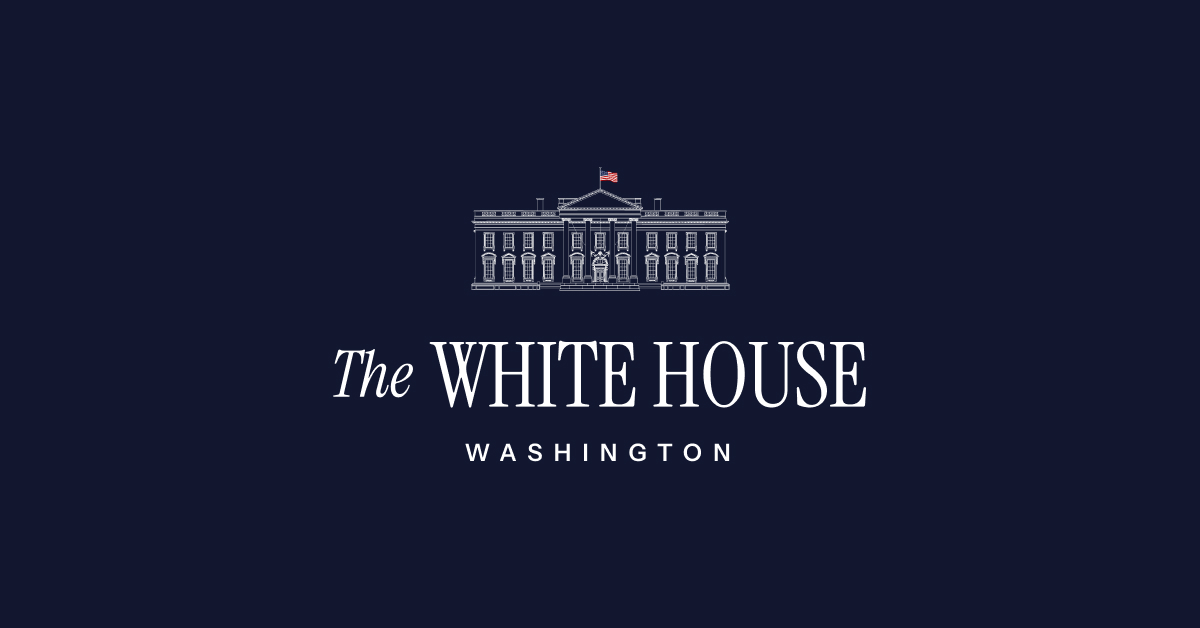Presidential Message on National Men’s Health Week, 2025 - The White House (.gov)
18 days ago

For far too long, the health, happiness, and well-being of our nation's men have been neglected, contributing to a troubling reality: men in the United States have a life expectancy five years shorter than that of women. This disparity is not merely a statistic; it reflects deeper societal issues that often go unaddressed. Men are frequently subjected to cultural expectations that discourage them from seeking help for both physical and mental health concerns. This toxic masculinity, which equates vulnerability with weakness, has created a barrier that prevents many men from receiving the care they need. As a result, issues such as depression, anxiety, and chronic health conditions remain untreated, leading to a decline in overall health outcomes. Furthermore, the stigma surrounding mental health issues in men is particularly pronounced. Traditional gender roles often dictate that men should be stoic and self-reliant, which can inhibit their willingness to reach out for support. Studies have shown that men are less likely to access mental health services compared to women, leading to a greater risk of suicide and substance abuse. This silence around mental health issues can have devastating consequences, not only for the individuals affected but also for their families and communities. Addressing these societal norms and encouraging open conversations about mental well-being is crucial in shifting perceptions and fostering a more supportive environment for men. In addition to mental health, physical health issues also disproportionately affect men in various ways. Men are more likely to engage in risky behaviors, such as smoking, excessive drinking, and neglecting regular health check-ups, which can lead to chronic diseases like heart disease, diabetes, and various forms of cancer. Moreover, many men tend to prioritize work and personal responsibilities over their health, often ignoring symptoms until they become severe. Public health initiatives aimed at educating men about the importance of preventive care, regular screenings, and healthy lifestyle choices can play a significant role in bridging this gap and improving health outcomes for men across the nation. Finally, fostering a culture that values the well-being of men is essential for creating a healthier society overall. This involves not only addressing the individual needs of men but also advocating for systemic changes that promote health equity. Educational programs that challenge traditional notions of masculinity and encourage emotional expression can empower men to prioritize their health and seek help when needed. Additionally, creating supportive community networks that offer resources and promote healthy behaviors can have a lasting impact. By recognizing and addressing the unique challenges faced by men, we can work toward a future where all individuals, regardless of gender, can lead healthier, happier lives.